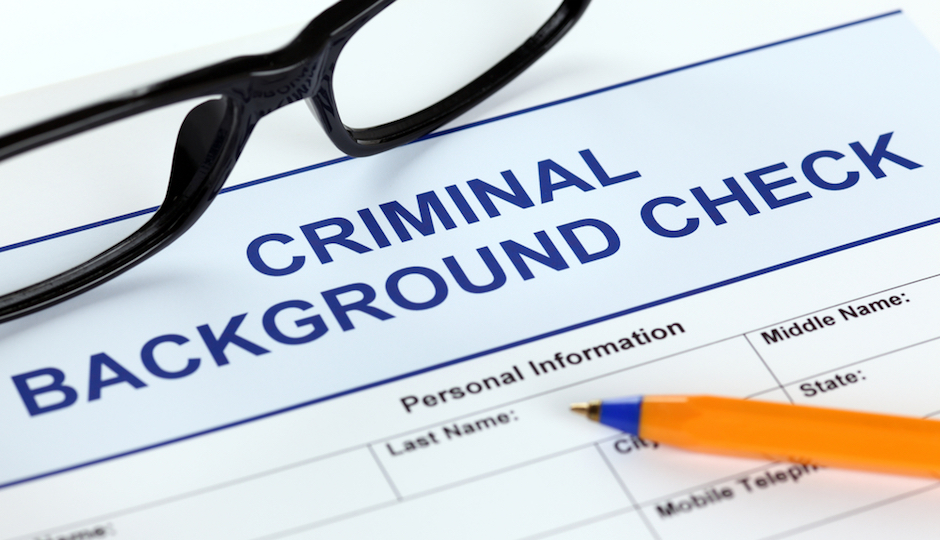Will “Ban the Box” Law Be a Blessing or Curse to Philly Employers?

Shutterstock.com
It’s either a disaster or a godsend. Or maybe it’s somewhere in between.
Mayor Michael Nutter this week signed legislation strengthening the city’s “ban the box” rules. Those rules are designed to help ex-offenders find jobs by mandating that prospective employers withhold questions about criminal history during the job application process.
The new legislation goes even further. (See the bill below.)
Proponents say new rules will make it much easier for ex-cons — known as “returning citizens” in the parlance — to obtain work they need to become fully productive members of society. “This bill has the potential of bringing thousands of formerly incarcerated and convicted people out of poverty,” Wayne Jacobs, the founder of X-Offenders for Community Empowerment, told NewsWorks when the law was signed.
John Featherman, who blogs at Philly.com, sees it differently. He says new law will “bankrupt the city.”
“You see, employers have an absolute right to know if you’ve murdered, raped or assaulted someone – whether it was in the past seven years or even 20 years ago,” he wrote. “Lots of people deserve a second chance, but if you’re applying to be a bathroom janitor, it’s very relevant to know if you’ve committed a violent crime.”
Both views assume the law is enforced rigorously. That might not be the case. In 2013 — two years after the original law was signed — reporters found the city’s Commission on Human Relations had received just two dozen formal complaints that it had been violated.
So what does the new law do? With some help from National Law Review, here’s a quick breakdown:
It expands the law to include almost all private employers in Philadelphia, no matter how small. The original law applied only to companies with 10 or more employees. Now, you only need one employee to trigger the requirements.
It prohibits employers from asking about criminal history until they’ve already made a conditional offer of employment. Previously, the ban only extended as far as the application stage.
The only convictions that can be considered have to have occurred within the last seven years. If the employer wants to reject you for a job, it will be prohibited from doing so based upon long-ago crimes.
If an employer does reject you based on criminal history, it must provide notice of its decision and the reason.
Complaints about violations are handled by Philadelphia Commission on Human Relations. If it determines a complaint is valid, the offender may be required to pay damages up to $2,000 per incident.
City officials say they hope the law is a benefit to employers — and not just workers needing a second chance. Rue Landau, executive director of the Philadelphia Commission on Human Relations, said the law “provides employers with a potential new workforce of qualified, hardworking people who have rehabilitated themselves and simply want a chance to prove themselves and earn a paycheck.”
Like what you’re reading? Stay in touch with BizPhilly — here’s how:
- Follow BizPhilly on Twitter and follow editor Jared Shelly here.
- Get the BizPhilly Newsletter
- Like BizPhilly on Facebook
- Check out the BizPhilly homepage


